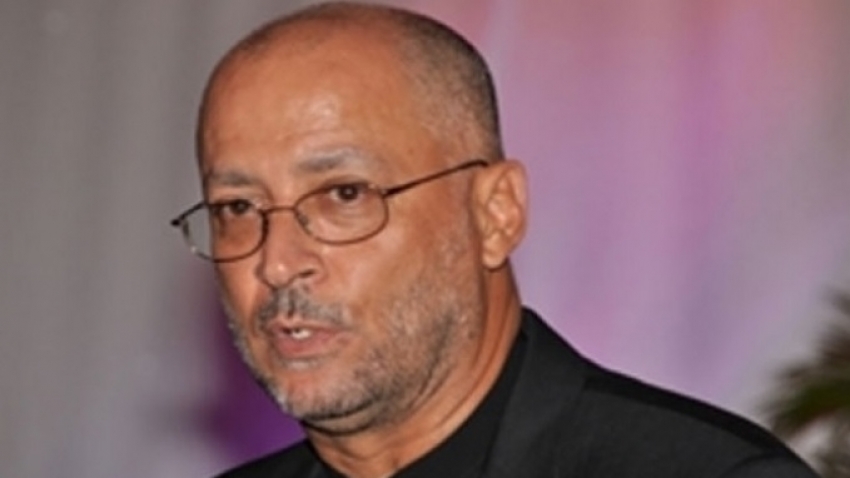Cricket West Indies President Ricky Skerritt, who is aiming to be re-elected after a two-year term, has revealed that the COVID-19 pandemic forced them to borrow money to pay players and staff wages, but the board’s debt has reduced to a third in his tenure. Skeritt will be fighting for re-election against Guyana Cricket Board secretary Anand Sanasie.
Talking about the state of Cricket West Indies (CWI) finances, Skerritt stated that they have enhanced significantly since he took over. “The biggest problem we were suffering is that all of our future cash was spoken for before we even got it. We were living on borrowed future income. So, we had close to US$20 million in institutional debt. And we were borrowing to pay back lenders.” He noted.
“It was all smoke and mirrors. And that’s obvious on short-term strategies when there are difficult times for cash flow. But it had become endemic,” Skerritt said. The Cricket West Indies board boss went on to say that the board had to borrow to pay staff which received a 50 per cent pay cut in the wake of the coronavirus pandemic.
“So we’ve been having to tighten belts, focus on cash rather than on profit and loss and get rid of any sort of additional costs. And we’ve cut our debt down by at least a third now after less than 2 years. “And, with some difficulty, we have developed our ability to meet our obligations; we just could not meet most of our obligations (previously).
“We were acquiring money to pay wages. We did that for the first year that I was in office. Right up until the early summer last year, we were literally having to borrow just to pay players and staff,” he said. The West Indies team was first to tour during the pandemic, travelling to England for a Test series in July last year.
On the impact of the worst health crisis on the game, Skerritt added: “The pandemic made everything more devastating. But it also gave us an chance and an excuse to focus on what we really required to focus on…getting all stakeholders to realise that it would take sacrifices from all of us, including a 50 per cent pay cut for everybody.
“The COVID pandemic forced us to do more with even less. And I think that, in the final review, we’re going to come out of the pandemic more informed and better aware of what’s required going forward.”He noted.




